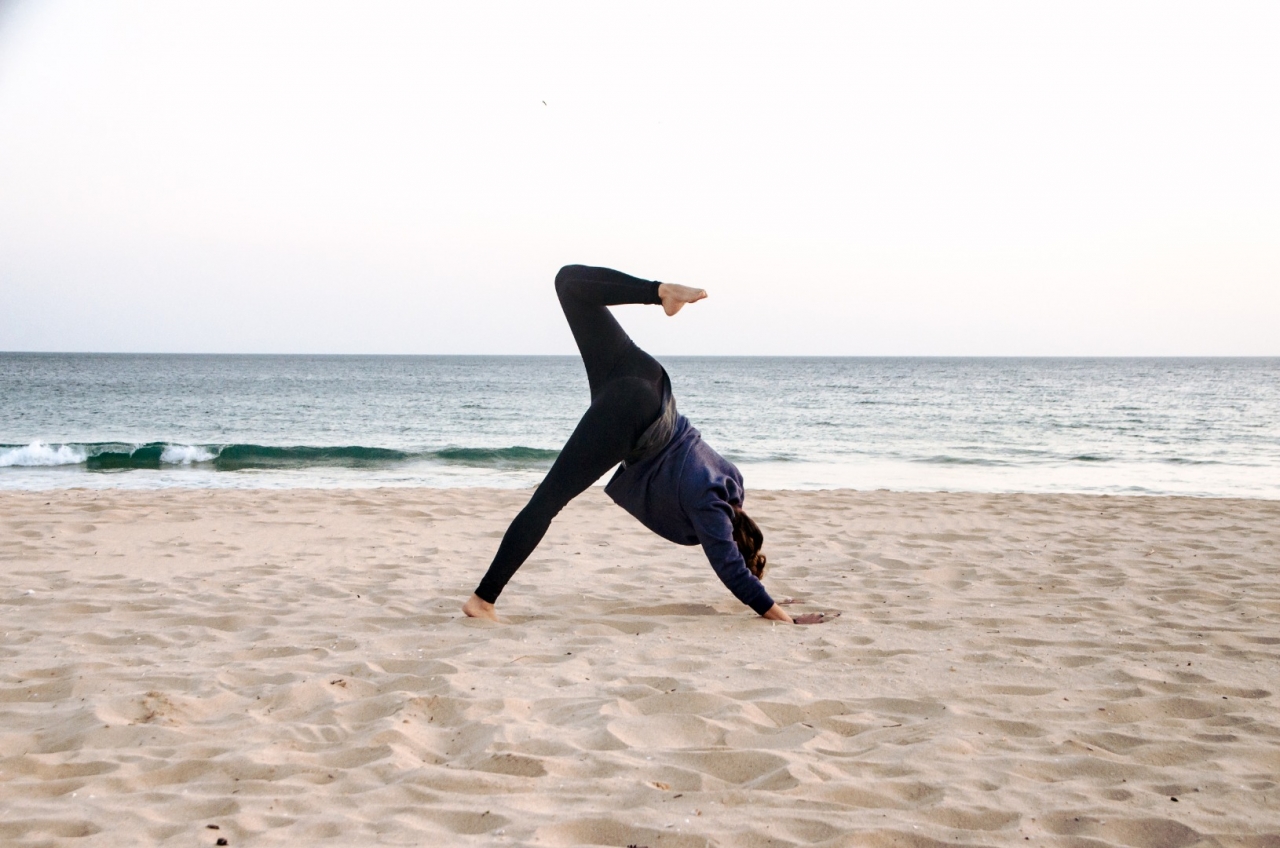Yoga has become increasingly popular in western culture, thanks to the benefits (a balance between stressful lives and a quite state of mind, for example) that have increased the number of students including during the pandemic.
Johanna Hessling is a Yoga teacher in Alvor, Algarve. She started to do Yoga from time to time in her twenties but it was a sequence of incidents and accidents that made her decide to become a Yoga professional.
“I was in a car accident in 2012 and I hurt my back really badly so I had to go to physiotherapy. They knew that I was doing Yoga and they recommended to start to do it more regularly because it would strengthen my back”, she told The Portugal News.
Now, in the Algarve, she teaches three types of Yoga – Vinyasa, Restorative Yoga and Yoga Nidra (medidation) - but with the Covid-19 pandemic she’s trying to find alternative ways to face this situation which means she is not able to teach in studio as she used to do before the pandemic.
From a student’s perspective, Yoga classes by zoom can be much easier for those who don’t have a lot of time, or love to take part in classes with a teacher who doesn’t work close by to them. It’s also an advantage for shy people who are not happy to be in a crowd.
Enjoying freedom and being creative is key in these times. Some people prefer to do Yoga on the floor or on the couch. Others prefer to go outside and do it in the garden or even at the beach.
“Am I doing it right?”
This question can occur when students don’t know if they are doing poses correctly. When doing a class online “It’s not 100 percent perfect, because it’s easier when I can physically see your body, and I know exactly if you have to open the hips more”, she said.
However, the student himself can help to find out these things. “You have to be comfortable as a student with your own body. If something doesn’t feel right, it is probably not right. If you’re a new person to Yoga and have doubts you can always stop and angle your phone or your camera in the direction of where you are, it might take a little bit longer, but you get there. If you’re doing one on one, you can always ask if you’re doing it right and it is easier”, she said.
We all make mistakes, Johanna remembers one that she repeated for a long time and she only realised it when she went to Yoga school”. An interesting thing is that I was doing a very natural pose in Yoga wrong all the years I had practised it, because I’ve been practising Yoga for 15 years and when I was in the Yoga school I learned that I was doing it wrong. It happens, because sometimes when you’re in a class with many people you don’t have time to see”, she shared.
For this reason, she gives the advice of: “The best attitude to have is that you go with an open mind, you listen, you pay the best attention you can, and try to enjoy the experience”, but she also recognises that sometimes it would be impossible.
We don’t have to enjoy all the experiences that we have in Yoga - different types of Yoga exist and different experiences might take place. “Sometimes even with the teacher, you don’t like the teachers voice or you don’t like the space or the music, if there is music. Every single Yoga experience is going to be different, even if there is the same language, even if you’re wearing the same outfit, is never going to be the same every day, the experience is always unique”, she highlighted.
Another important thing to take into account is to never try to compete with the others in the room or zoom. “There might be a person who is 100 years old that can do things that you don’t even imagine doing. It’s not fair to compare yourself to someone else. I might be able to do a pose once and never do it again. So you shouldn’t have over expectations of what you think you should be doing. There’s no space for this in Yoga. If you are thinking that the teacher or the person next to you can do something that you can’t how can you even pay attention to your own practise?”, said Johanna.
Johanna is building a website to spread her Yoga passion, but for now she has an email jhessling@gmail.com through which she is happy to give more information about her work.
Paula Martins is a fully qualified journalist, who finds writing a means of self-expression. She studied Journalism and Communication at University of Coimbra and recently Law in the Algarve. Press card: 8252


















